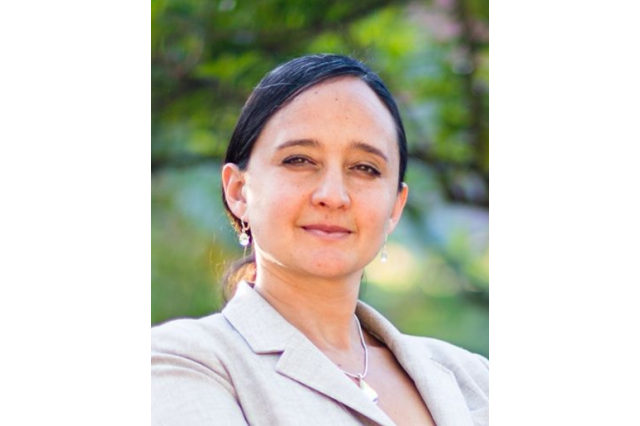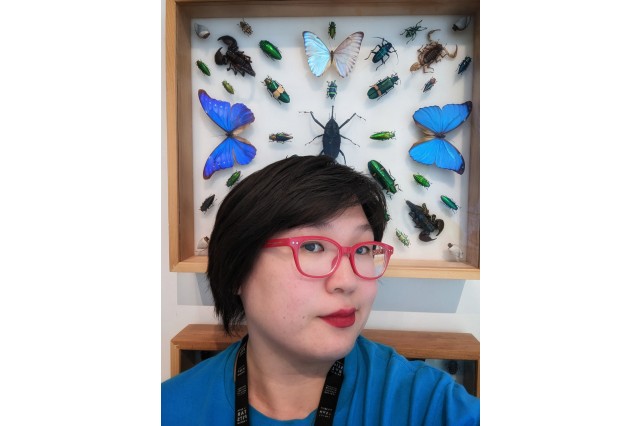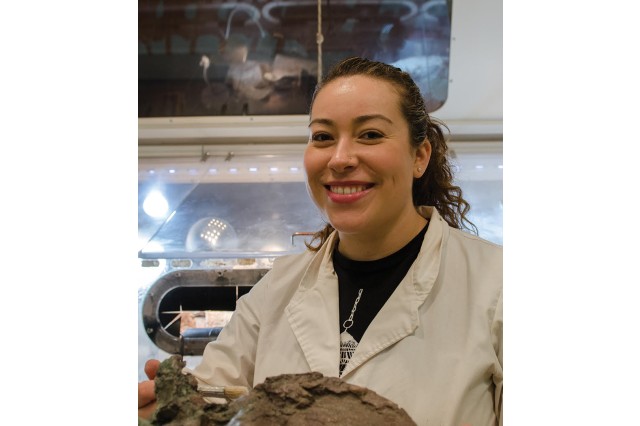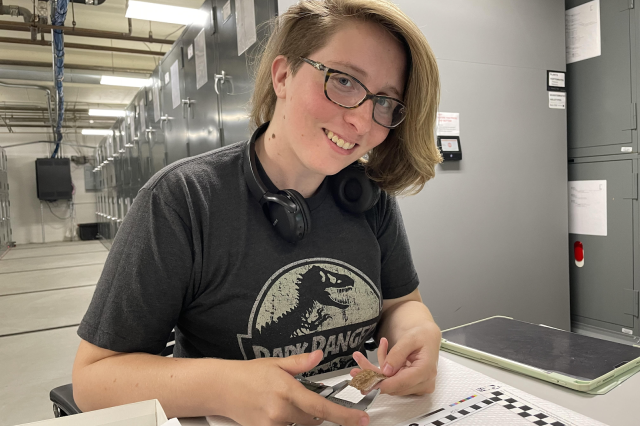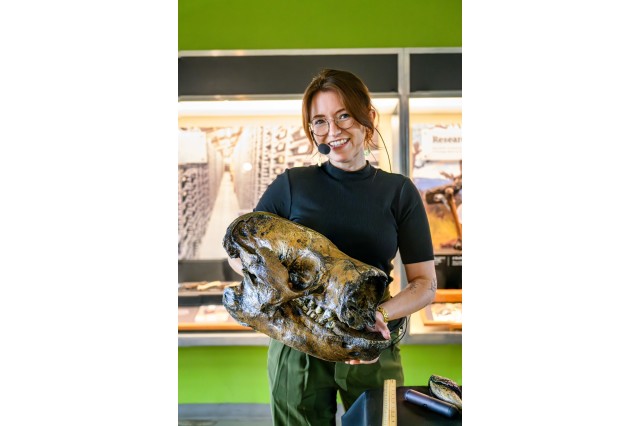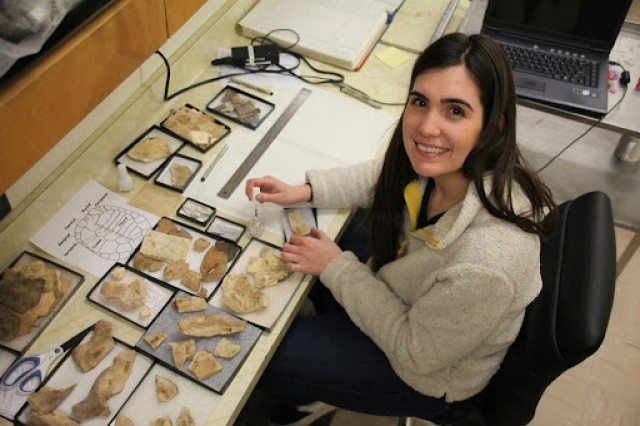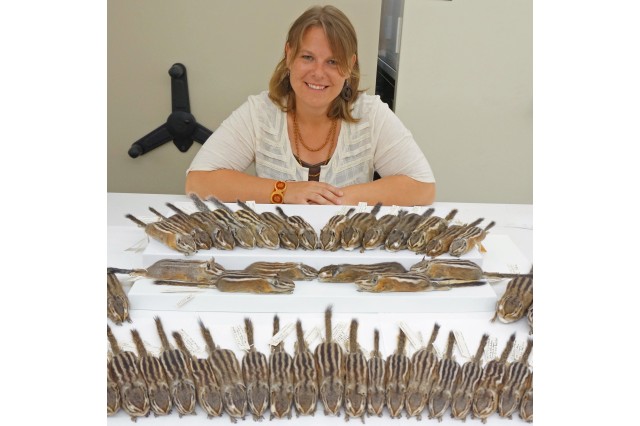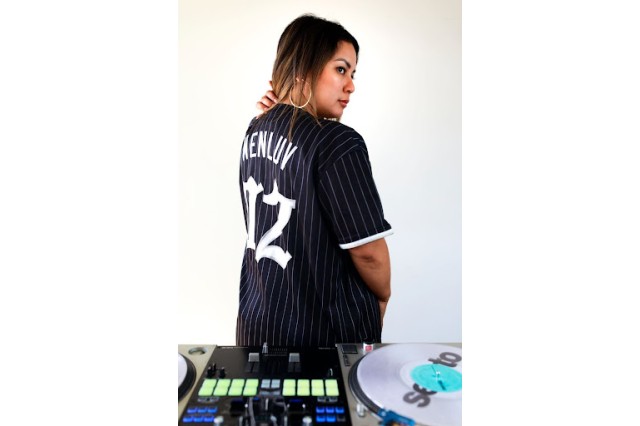Girls in STEM Days
Saturday and Sunday, March 16–17 | 11 am–3 pm
Add to calendar
2024-03-16 11:00:00
2024-03-16 15:00:00
Girls in STEM Days
Natural History Museum: in the Nature Gardens
nhmla
webmaster@nhm.org
America/Los_Angeles
public
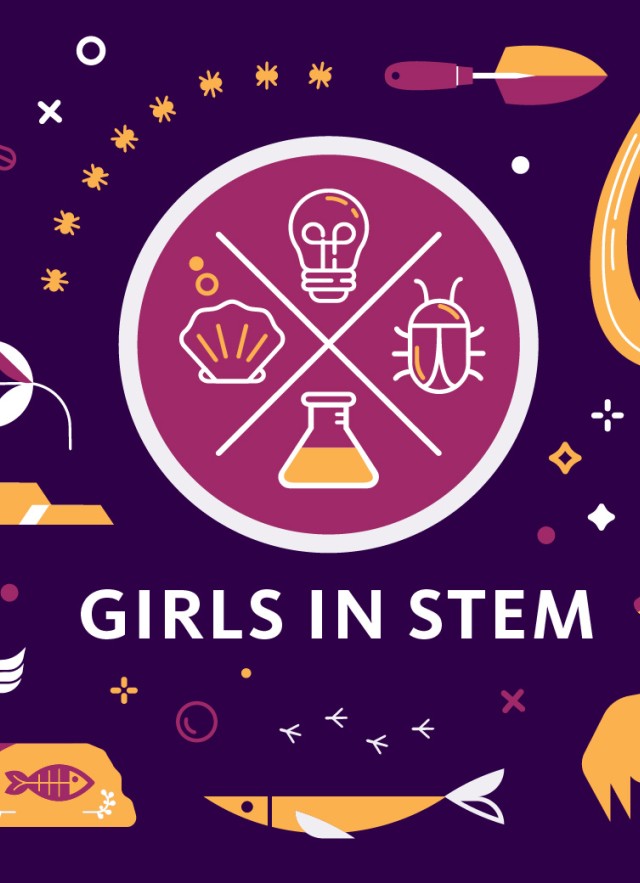
Date
Saturday and Sunday, March 16–17 | 11 am–3 pm
Location
Natural History Museum: in the Nature Gardens
Tickets
Free with Museum Admission
Girls in STEM Days
Join us March 16 and 17 for Girls in STEM Days at the Natural History Museum! Girls in STEM Days are an opportunity for girls ages 8–18 to participate in STEM activities and explore future career paths in a fun and engaging way. The Girls in STEM Days celebration will take place in the Museum’s Nature Gardens and will include:
Fun Activities
- Nature Gardens Exploration, Birding – Drop into the Nature Gardens, anytime between 11 am and 12 pm, to see what L.A. birds are hanging around! Located in the Nature Gardens, Bird Viewing Platform.
- Welcome Table – Learn more about the program, pick up a scavenger hunt, and grab a Girls in STEM sticker and raffle ticket.
- Live Music – Listen to DJ Wenluv spinning in the Nature Gardens.
- Photo Booth - Take a picture in the Girls in STEM photo booth, free downloadable images for guests on the Pond Deck.
- Raffles - STEM Raffles will be held in the Otis Booth Pavilion at 1 PM and 2:45 PM.
STEMinist Fair
Meet and interact with local STEM-based organizations.
- Saturday, March 16 Participants:
L.A. Zoo
California Geological Survey
Pasadena Humane
Marine Mammal Care Center
SoCal Paleontological Society
L.A. County Public Works - STEAM
USC Paleosciences
- Saturday, March 17 Participants:
Society of Women Engineers at USC
CSULB Shark Lab
Cabrillo Marine Aquarium
Girls in STEM Club at Columbia Memorial Space Center
AOP Teen Climate Council
Pasadena Humane
Marine Mammal Care Center
SoCal Paleontological Society
L.A. County Public Works - STEAM
Roadhouse Aquarium
Women in STEM Stage | Otis Booth Pavilion
- Saturday, March 16:
- 12 PM Spotlight Speaker – Join Nurit Katz, LADWP Commissioner, and Chief Sustainability Officer at UCLA, in conversation with Marisol Jara, Associate Director of Public Programs at NHM.
- 2 PM Women in STEM Panel – Join Museum Educator Kay Lai in conversation with Erika Durazo, Senior Preparator for the Dinosaur Institute, and Emily Patellos, Graduate Student in Residence at the Dinosaur Institute at NHM, as they share their journey and pathways into science.
- Sunday, March 17:
- 2 PM Women in STEM Panel – Join Museum Educator Becca Prater in conversation with Kayce Bell, Assistant Curator in Mammology, and Juliet Hook, Collections Manager in Invertebrate Paleontology at NHM, as they share their journey and pathways into science.
- 2 PM Women in STEM Panel – Join Museum Educator Becca Prater in conversation with Kayce Bell, Assistant Curator in Mammology, and Juliet Hook, Collections Manager in Invertebrate Paleontology at NHM, as they share their journey and pathways into science.
